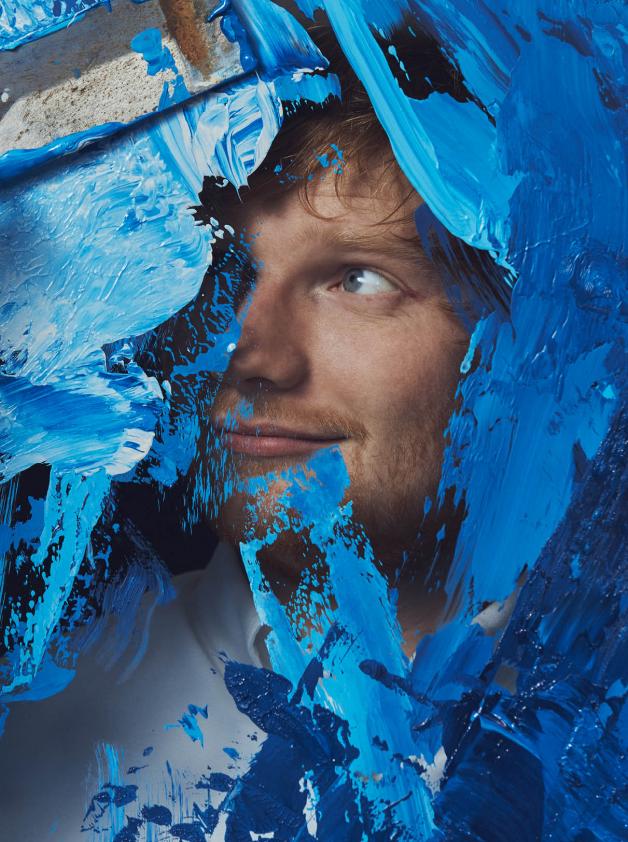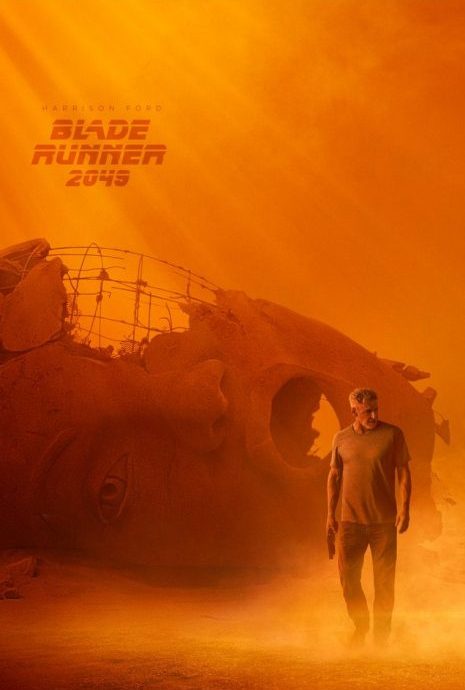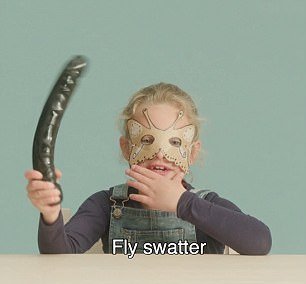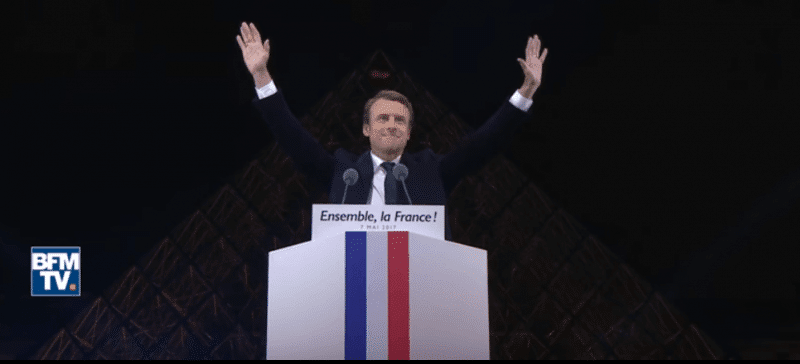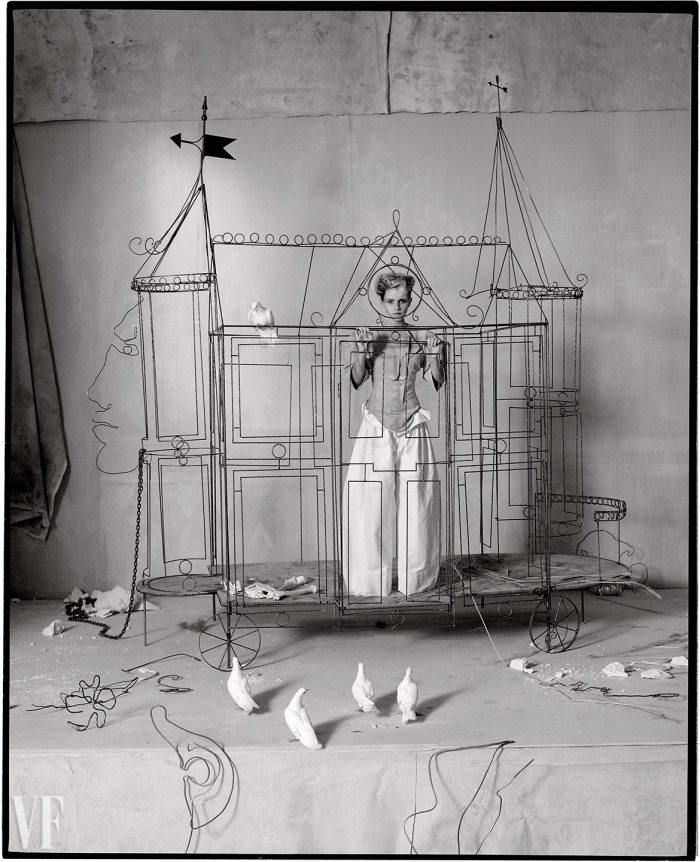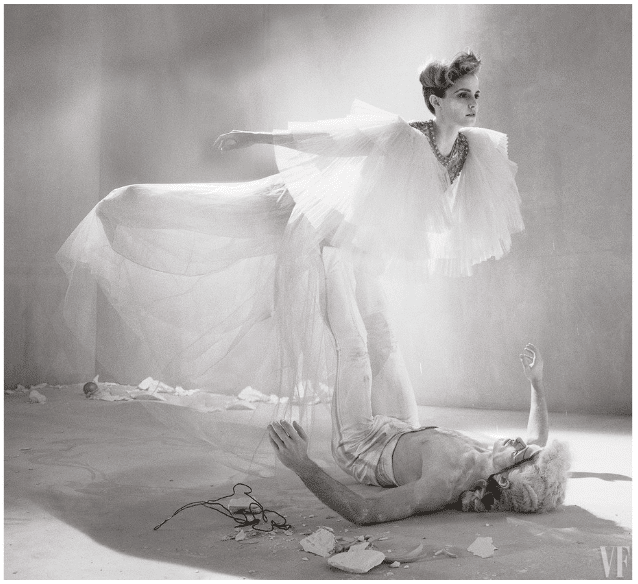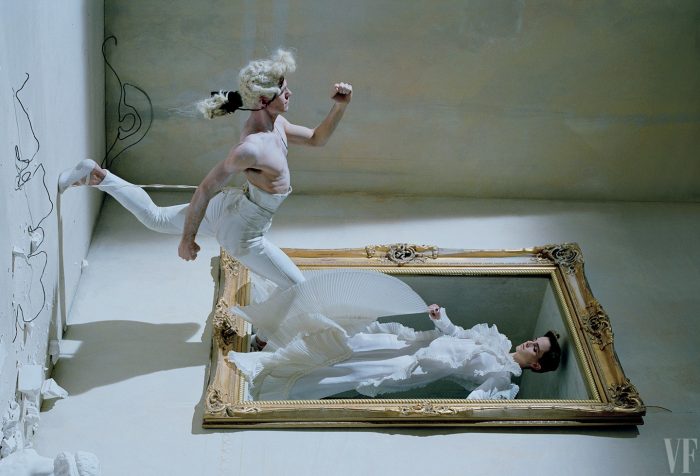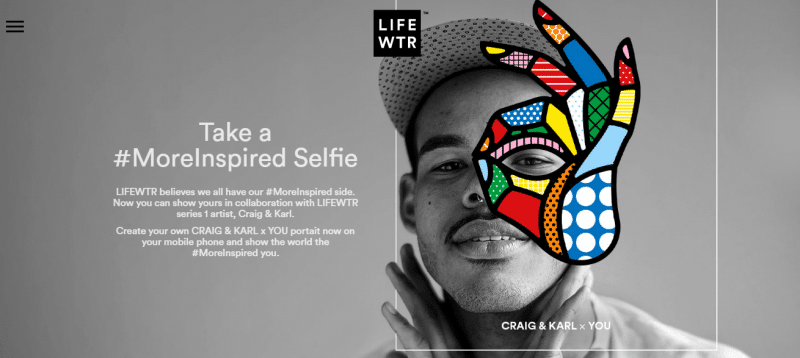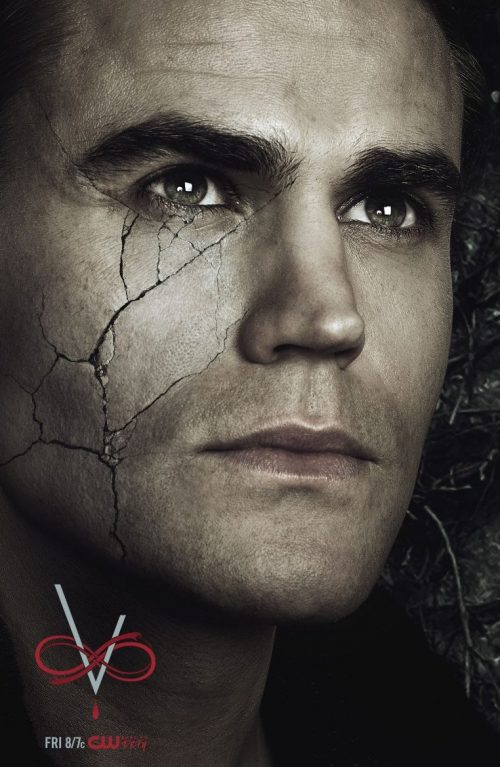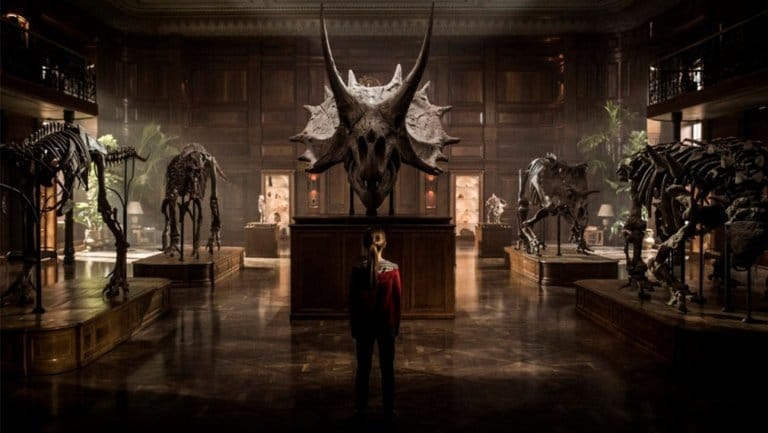
Source: NoMoreFakeNews.com | JonRappoport.wordpress.com
By: Jon Rappoport
July 1, 2017
One thing you have to understand about Mr. Zucker. What he does, he does for show. For ratings. If he could get away with claiming Trump met with Putin on the dark side of the moon to concoct a way to beat Hillary Clinton, he would run with it. If he could get away with claiming Arnold Schwarzenegger was the love child of Joseph Stalin and Greta Garbo, he would lead the evening newscast with it. He keeps selling the CNN Trump-Russia “investigation” because he’s (barely) getting away with it and he thinks it’ll keep drawing an audience.
In April, CNN boss Jeff Zucker told the New York Times, “The idea that politics is sport is undeniable, and we understood that and approached it that way.” The “it” was certainly the 2016 presidential campaign.
Zucker always has understood politics in this corrupt way—and in the process, he helped elect a US president and a California governor.
Who is Trump’s most consistent media enemy now? CNN is right up there.
But Jeff Zucker, CNN’s boss, was the man who launched The Apprentice, starring Donald Trump, at NBC, in 2004.
In other words, Zucker happened to play a major role in electing Donald Trump. There is no getting around it.
Washington Post, October 2, 2016: “Looking for someone specific to hold responsible for the improbable rise of Donald Trump?”
“Although there are many options, you could do worse than to take a hard look at Jeff Zucker, president of CNN Worldwide.”
“It was Zucker, after all, who as the new head of NBC Entertainment gave Trump his start in reality TV with ‘The Apprentice’ and then milked the real estate developer’s uncanny knack for success for all it was worth in ratings and profits.”
“And it succeeded wildly — boosting the network’s ratings, as well as Zucker’s [and Trump’s] meteoric career. In turn, under Zucker, the show gave rise to ‘Celebrity Apprentice,’ another Trump extravaganza. And, in turn, Zucker became the head of NBC overall.”
“The show [The Apprentice] was built as a virtually nonstop advertisement for the Trump empire and lifestyle,” according to the book ‘Trump Revealed,’ by Washington Post journalists Marc Fisher and Michael Kranish.”
“The executive [Jeff Zucker] rode the Trump steed hard. When the reality-TV star was preparing to marry Melania Knauss in 2005, Zucker wanted to broadcast the wedding live. (Trump, uncharacteristically, declined.)”
“But make no mistake: There would be no Trump-the-politician without Trump-the-TV-star. One begot the other.”
POLITICS IS TELEVISION, AND TELEVISION IS POLITICS.
If you’re looking for a person who embodies that fake version of reality most purely, you need look no further than Jeff Zucker.
Despite his network’s present hatred of Trump, Zucker would give Trump his own show right now if he wanted one.
For ratings and ad revenues.
Let’s go back in time and consider another event, one which I’ve analyzed in great detail. It took place on NBC in 2004, when Zucker was the head of the network’s entertainment division. Keep in mind that The Tonight Show, with Jeno Leno, was a prime piece of the entertainment division then. What Leno pulled off in 2004 had to have the OK from Zucker, because it was a highly unusual move, a distinctly unethical move.
What happened when an actor wanted to launch a political career and become a governor? The whole news division of a major network surrendered itself, for one ratings-busting night, to a talk show.
This is how Arnold Schwarzenegger won the California governor’s race. It all came down to his famous appearance on The Tonight Show with Jay Leno, where he announced that he was going to run.
I obtained a copy of show, watched it many times, transcribed the dialogue, and noted the audience reactions.
Breaking down the segments revealed what happens when news and entertainment and PR and political advocacy all blur together in a single wave.
The show had been hyped as the moment when Arnold would announce whether he was going to run in the recall election against California Governor Gray Davis.
The public anticipation was sky-high. No one seemed concerned that NBC was turning over its news division, for one night, to its entertainment division. Jeff Zucker, head of NBC entertainment, was all in.
Turning over network news to network entertainment was precisely the subject of the best movie ever made about television, Paddy Chayefsky’s Network. That didn’t register with the national media.
If Arnold decided to run for governor, he wouldn’t be announcing it at a stale press conference at the Beverly Wilshire Hotel, after a brief introduction from The Snoozer, LA Mayor Richard Riordan. No, Arnold would obtain a rocket boost from Jay Leno.
Keep in mind that talk shows warm up and prep their studio audiences to act and respond with amphetamine-like enthusiasm.
And then that audience transmits its glow and howling racket to the wider television audience, thereby blowing an artificially enhanced event across the landscape.
On the night of August 6, 2003, Tonight Show host Jay Leno devoted two six-minute segments to The Arnold.
Of course, it was more than an interview. Jay had been touting this night as the occasion for a key revelation in the comic play called The California Recall Election.
Arnold would say yes or Arnold would say no. He would run for governor or he would decline.
Bigger than conventional news, Arnold strode out on to Jay’s stage. A Tonight Show camera picked him up from a grossly complimentary low angle, making him appear even larger and more physically imposing than he is. Jay was positioned standing behind him, applauding, lending an affirmative gloss to the entrance. Already, it looked and felt political.
This was not a beginning; the impression was of something already in motion, a train to catch up with.
As the man of the hour sat down next to Jay, he commented that there was a big audience in the house (“Can you believe all these people here?”) and, capping his first gambit, he stated that every one of them was running for governor of California. Ha-ha. (At one point, there were 135 gubernatorial candidates.)
Quickly, Jay gets down to business. The business of making the evening extra-special: “Now, I don’t think we’ve ever had this much press at The Tonight Show for any—[let’s look at] our press room—normally [the press] sit in the audience.”
Cut to a stark room, shot from above. About 40 reporters doing almost nothing at tables. Obviously, the room was set up for this event.
Jay cracks a couple of jokes about the press gaggle, lowers his voice and turns his full attention to Arnold: “…it’s been weeks…and people going back and forth…taken you awhile, and you said you would come here tonight and tell us your decision. So what is your decision?”
Arnold replies, “Well, Jay, after thinking for a long time, my decision is…”
The sound cuts off, and the TV screen displays an old PLEASE STAND BY notice. Thick white letters against a background of an ancient station test pattern from the 1950s. A mechanical tone plays for several seconds.
The audience laughs. There is applause, too.
Cut back to Jay and Arnold. Arnold says, “That’s why I decided that way.” Big audience laughter.
Jay, going along—as if Arnold had spilled the beans during a momentary technical malfunction—shouts, “Right, good, right! I tell you I am shocked! I can’t believe it! I can’t believe it!”
Jay then starts out from the bottom again. “[Whether you’re going to run has been] in my monologue…it’s been good for, like, a thousand jokes over the last couple of weeks…”
Once more, he gently poses the question. “What are you going to do?” It’s still too early for an answer, and Jay knows it.
Arnold wants another false start. He’s planned it.
“Well, my decision obviously is a very difficult decision to make, you know…it was the [most] difficult decision that I’ve made in my entire life, except the one in 1978 when I decided to get a bikini wax.”
Laughter, applause, whistles.
The studio audience warms to the fact that Arnold glimpses an absurdity about the whole proceeding.
“He’s our Arnie, laughing the way we laugh. Hell, all we’ve got are laughs in this life, and our boy isn’t going to go stuffed-shirt on us.”
Arnold then gives his rehearsed political speech.
He reflects that California was a grand land of opportunity when he arrived in 1968. It was the greatest state in the greatest nation.
However, now the atmosphere in California is “disastrous,” he says. There is a “disconnect” (thank you, pop psych 101) between the people and the politicians.
“The politicians are fiddling, fumbling, and failing.”
Very big applause follows. The audience is doing its job.
Close by, off camera, we hear Jay thumping his own personal hand claps. The host is pumping his studio crowd and giving his seal of approval to a remark whose veracity is supposed to be tested by the recall election itself.
And there is a phalanx of teen-age girls screaming at a very high pitch in the studio. They’re adding a major element of hysterical enthusiasm. Where did they come from? Are they a legitimate Arnold demographic? Were they pulled out of a Valley mall to paper the crowd? Do they migrate from talk show to talk show? From this point forward, they’ll play a huge role in every audience outburst.
Arnold gathers steam. He tells one and all that the people of California are doing their job.
They’re working hard.
Paying their taxes.
Raising their families.
But the politicians are not doing their job.
Now he executes a blend around the far turn: “And the man that is failing the people more than anyone is [Governor] Gray Davis!”
The crowd goes wild. The girls scream as if they’re at a kiddie rock concert in the magic presence of four sixteen-year-old pretty boys. It’s eerie.
And now the audience is suddenly on edge.
They can handle the juice. The longed-for result.
Arnold senses it.
He lets the audience-hysteria roller coaster die down and then, taking it up to heaven, announces that, he, Arnold is…
Yes…
GOING TO RUN FOR GOVERNOR OF CALIFORNIA.
Boom. Bang. Pow. Zow.
The studio audience cracks the ceiling. Wilder than wild. The girls are shrieking walls of sound way above high C. Undoubtedly, the show is flashing applause signs.
Jay shakes his head and grins like a pro hypster who’s just witnessed a very, very good variation on bait and switch. As if Arnold was supposed to say no, but now he’s saying yes.
The Tonight Show band lays down some heavy chords.
Jay shouts, “There you go! There you go! That woke ‘em up! That woke ‘em up!” We cut to the press room, and sure enough, the reporters are now on phones, typing at their keyboards. The story is live and good to go. A global event is underway.
Amid the roar and the music, Jay, smiling broadly and wisely, shakes his finger at Arnold and says to him, “You know something?”
It seems Jay’s about to utter, “That’s the best damn switcheroo I ever saw!” But he doesn’t do it. Instead, as the noise abates, he says it’s a good time to go to a break.
The band plows into a funk riff, under the applause, and the show cuts to commercial.
The sea has parted. The consecration has been performed.
The ax felled the tree in the forest, and everyone heard it.
Marshall McLuhan rolled over in his grave, sat up, grinned, lit a cigar, and sipped a little brandy.
After the commercials, in the next six-minute segment, Jay and Arnold attain a few more highs of audience madness.
High one: Arnold mentions that 1.6 million Californians have signed the recall petition and are saying, “We are mad as hell and we are not going to take it anymore!” Wowee.
No one notices or remembers this line was made massively famous in Network, the bitter satire on news as entertainment.
Is it remotely possible Arnold recalls the 1976 Paddy Chayefsky film and its newsman, Howard Beale, who survives a ratings dive by delivering a delirious populist message on air, and becomes, for a short time, the most revered man in America?
Is it possible Arnold knows the TV network portrayed in the film gave its news division to its entertainment division—exactly what’s transpiring right there, for the moment, on The Tonight Show?
High two: Arnold clarifies his message to all politicians everywhere. “Do your job for the people and do it well, or otherwise you’re out. Hasta la vista, baby!” Zowee.
High three: After telling the crowd they all know Gray Davis can run a dirty campaign “better than anyone”—and that Davis has been selling off pieces of California to special interests—Arnold says with conviction and confidence, “I do not have to bow to any special interests; I have plenty of money; no one can pay me off; trust me, no one.” Audience hysteria. They love that he’s rich.
High four: Arnold says of Davis, “Everyone knows this man has to go!” Huge roar.
High five: Arnold plays a final pun card. “I will pump up Sacramento!” Yet another roar.
The band takes it out with more funk. Jay stands up and goes over and hugs Arnold, in profile, near his desk, and follows him closely toward an exit at stage left. Jay starts to whisper something in Arnold’s ear, but pulls back and smiles and, still on camera, applauds Arnold along with the audience.
It’s show biz in a bottle. Jay, Arnold, the crowd, the band, bouncing off one another and yielding the effect of absolute (synthetic) thrill.
The Tonight Show provided the moment for a globally famous actor to decide to run for office in the same state where the show originates. In the entertainment capital of the world. In front of the clear prime-cut admiration of the host.
And the studio audience, that specialized creature from whose maw instant credibility can be coaxed and birthed in seconds—was very, very ready to go. All along.
Imagine an advance man pre-selling this kind of PR stunt:
“I know a guy who can introduce your message to the softest, wildest, water-cooler crowd this side of paradise.”
“Oh yeah? How big a crowd?”
“Only a thousand or two. But they’re instantly hooked up to, say, ten million people in the target area. It’s as infectious as Ebola.”
“Come on.”
“And that’s not all. I’ve got a host for that softest, wildest audience, and he has the whole world in the palm of his hand. When he exposes your message—for the first time anywhere—and when his audience goes nuts with glee, nothing will stand in your way. Your opponents will go down like bowling pins.”
“Too good to be true.”
“Wrong. And let me point out what I’m saving you from. If you tried to launch your message at a shopping center or a press club or a hotel ballroom or construction site or on a movie-studio sound stage, you could get laughed right out of town. Really. Because, let’s face it, you do have a pretty vapid message when you boil it down. You need a unique venue, where the joke and the camp and the craziness are all folded into the event itself, and the shock and surprise and hoopla are integrated. You need an audience that celebrates bad and good jokes as all good, and the host has the ability to marry up every shred of this bizarre happening and take his crowd to orgasm.”
“And the contagion factor?”
“The audience in the television studio and the viewing audience at home are One. My boy, what stuns and delights the former incorporates itself into the living cells of the latter. The home audience is terrified of being left out. The host and his in-studio crowd give instant universal legitimacy to the moment. Believe me, it’s irresistible.”
“Like that McLuhan thing. The audience becomes the actor.”
“Precisely.”
That is how it happened. That is how Arnold Schwarzenegger obtained his billion-dollar ad on Jay Leno, on August 6, 2003, and that was when he won the recall election. There was no counter-strategy for it.
Governor Gray Davis was left out in the cold.
The announcement of Arnold’s candidacy was the end of the election.
In the aftermath, media pundits did not punch up this piece of mind control with any serious heat; nor did they immediately seek a heavy investigation of NBC’s ethics in allowing the Leno-Arnold event to take place.
The Tonight Show was a perfect killing ground: Arnold, the earnest and powerful and Germanically jolly and occasionally self-deprecating soul, aware of the comic-book component of his success; Jay, the jokester, who can work as a homer and straight man at the drop of a hat; and Jay’s audience, willingly propelled into the late-night nexus of “we’ll laugh so hard at any old damn thing we’ll make a cosmic celebration out of it.”
Something out of nothing.
GE (then the owner of NBC): “We bring good things to life.”
An election campaign message was passed, hand to hand, mind to mind, adrenal gland to adrenal gland, from a concocted, groomed, cultivated, prepackaged television studio audience to every voter-district in California, and out to the whole world.
When people show up in the studio to see Leno in person, they soon understand the game. They’re not just there as happy onlookers. They’re drawn into the process. They’re offered a trade-off.
If they become active shills for the show right there in the studio, they’ll become part of the story. They’ll attain new status. Their laughs and squeals and shrieks and rebound guffaws, their revved-up salvational applause, at those moments when a guest segment or a joke is falling flat, will provide key segue and filler and affirmation and speed candy for the larger audience at home. It’s a group collaboration.
Who cares—except when a fading movie action hero suddenly says he’s going to take over the reins of California?
In the television studio, and in millions of homes, the audience roared and helped Arnold go for his coronation. They experienced a reasonable facsimile of emotional torque and busted a move that showered sparks around Arnold’s head and pushed him through a porthole into an ozone that just might have been the closest thing they’d ever find to immortality.
On October 10, three days after Arnold scored number one in the recall vote count, The NY Times ran a piece by Bill Carter headlined, “NBC Supports the Politically Partisan Leno.”
But Carter’s story was merely about Jay, on the night of October 7, taking the stage in Los Angeles to introduce Arnold as the recall election winner.
THIS was the issue? This was the barrier that Leno had crossed? Carter mentioned nothing about those 12 minutes on August 6th, on The Tonight Show, when Arnold announced he was running and thereby sewed up the election.
Jeff Zucker, then the head of entertainment at NBC (NOW THE BOSS AT CNN), told Carter he was aware Jay was going to introduce Arnold at the victory celebration. “I did not and do not have a problem with it,” he said.
Zucker noted that Jay was a private citizen with all the accruing rights of same.
Not a word from Zucker either, about the propriety of Leno hosting Arnold’s campaign launch on August 6, on The Tonight Show.
The Studio Audience, on the night of August 6, 2003, fingered and chose and elected a governor of California.
Jay Leno has gone on to thousands of other jokes.
But he’ll never forget that one.
And neither will Zucker.
He helped elect Arnold. And he made Trump a global star of the first magnitude on The Apprentice, and thereby helped him win the presidency.
If you like interesting coincidences, both the Leno Moment and launch of The Apprentice happened in 2004. And when Donald Trump left The Apprentice in 2015, who took over as the host?
Arnold Schwarzenegger, of course.
Read More At: JonRappoport.wordpress.com
_______________________________________________________________
Jon Rappoport
The author of three explosive collections, THE MATRIX REVEALED, EXIT FROM THE MATRIX, and POWER OUTSIDE THE MATRIX, Jon was a candidate for a US Congressional seat in the 29th District of California. He maintains a consulting practice for private clients, the purpose of which is the expansion of personal creative power. Nominated for a Pulitzer Prize, he has worked as an investigative reporter for 30 years, writing articles on politics, medicine, and health for CBS Healthwatch, LA Weekly, Spin Magazine, Stern, and other newspapers and magazines in the US and Europe. Jon has delivered lectures and seminars on global politics, health, logic, and creative power to audiences around the world. You can sign up for his free NoMoreFakeNews emails here or his free OutsideTheRealityMachine emails here








